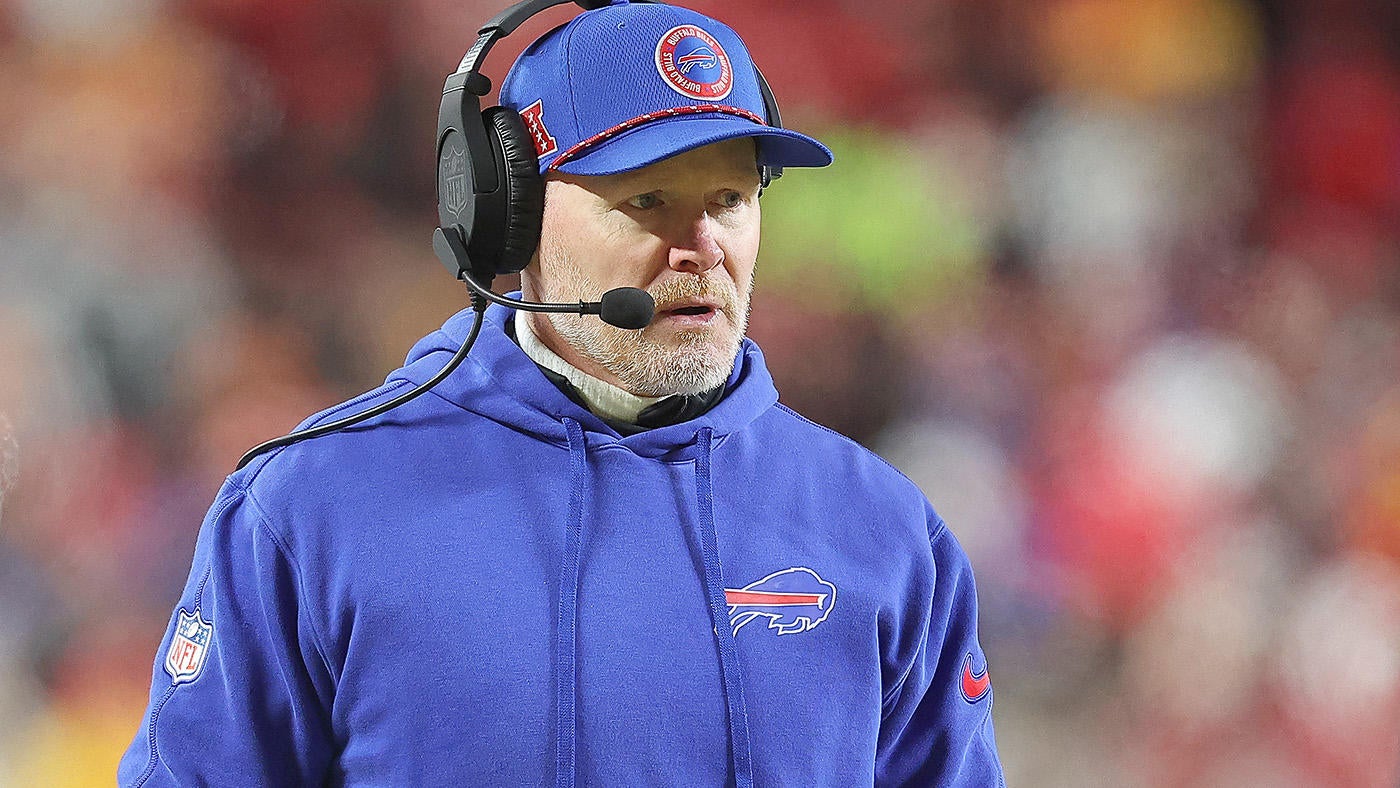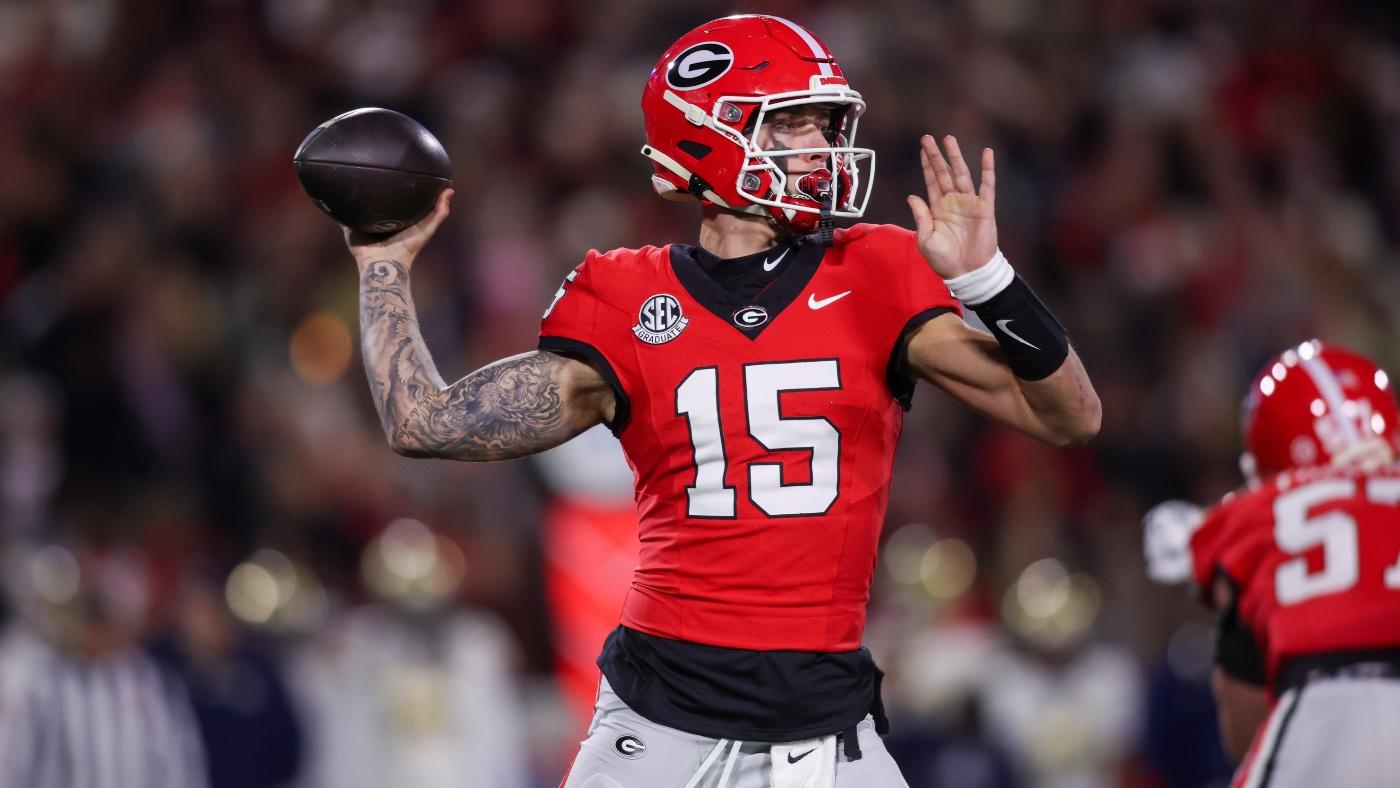Why were lawmakers only lobbing softballs at Sean Duffy?

Before he was confirmed last week, Sean Duffy, President Trump's pick for secretary of the Transportation Department, appeared before Congress for his nomination hearing. Instead of facing rigorous and probing questions about his longstanding ties to the airline industry or his vision on consumer protection and competition policies, senators on the Commerce, Science and Transportation Committee largely gave him a pass.
Americans remain in the dark on whether Duffy will fight on behalf of them or the monopolistic corporations he's supposed to regulate.
This is a concern. The Department of Transportation is massive, regulating not just airlines but rail, highways, waterways and much more. In 2023, this sector made up $1.8 trillion of the nation’s GDP. It is an area rife with consolidated, dominant corporations that often try to charge the greatest amount of money they can for the lowest possible quality of consumer experience.
It's the Transportation Department's job to look out for consumers and protect the competitiveness of the airline industry. But Duffy exemplifies the revolving door between government and the private sector, an issue that for years has helped these dominant transportation corporations run roughshod over consumers, smaller players in the industry and our economic resilience.
Duffy worked for BGR Government Affairs in 2020 and directly lobbied on behalf of the nation's Big Three carriers: American Airlines, Delta Air Lines and United Airlines. It's little wonder that Airlines for America, the largest lobbying organization representing only the largest U.S. carriers, stated in November it was "thrilled" with Duffy's nomination.
Despite such inherent divided loyalties, Duffy wasn't asked fundamental questions about his past work lobbying for the largest, least competitive and most problematic domestic airlines; whether that would compromise his ability to regulate them; or how he would act on a proposed rule to make junk fees more transparent (which the Big Three airlines and Airlines for America are suing the department to block). The latter was just halted by the Court of Appeals for the Fifth Circuit; the airlines Duffy previously lobbied for all are plaintiffs in the case.
It's a statistical fact that U.S. airline performance and customer service have declined in recent years, with record numbers of flight delays, cancellations, consumer complaints and unpaid refunds. Yet on Fox News on Dec. 29, 2022, at the height of the worst single airline meltdown in U.S. history, when Southwest Airlines stranded more than 2 million passengers during the Christmas holidays, Duffy stated: "Capital markets work. … Southwest will fix this, Pete Buttigieg never will."
No one asked if Duffy still believes the airline market will correct its own problems, even though there has been no evidence of this in the last decade. Lawmakers also didn't specifically ask if he will facilitate pending rulemakings that airline passengers have embraced, such as mandatory automatic refunds, disability access, junk fee transparency and compensation during flight disruptions.
Although much was made at the hearing of Duffy being the father of nine children, he was not asked about the rulemaking concerning children being seated apart from their families, even though the FBI reports an increase in in-flight sexual assaults, for which unaccompanied minors are "typically" victims.
On the safety front, the Federal Aviation Administration has been understaffed and underbudgeted for decades, yet no specific plans for fixing FAA's oversight of the airlines or Boeing were discussed. (To be clear, the hearing took place two weeks before the American Airlines crash in Washington.)
We hardly learned anything about Duffy's position on the core issue facing airlines and other transportation industries: consolidation. The U.S. airline industry has never been more consolidated, with the fewest number of scheduled passenger airlines since the 1910s. The Big Four oligopoly of American, Delta, Southwest and United control 80 percent of the market; there have been only two new-entrant carriers in the last 17 years. The industry is hardly in healthy shape. In fact, since deregulation in 1978, we've seen 46 domestic airline mergers and 214 bankruptcies.
All this has led to regional inequality across the country, as small and rural communities are denied easy, frequent and low fare access to the aviation grid. Cities as large as Cincinnati, Cleveland, Pittsburgh and St. Louis have lost major airport hubs that have led directly to corporate relocations and lost jobs.
But, again, Duffy wasn't asked how he plans to check the power of Wall Street to increase competition, nor was he asked what the Department of Transportation will do to encourage entry by start-up airlines or facilitate airport access to provide more low-fare service and real competition. Also not discussed was that the secretary has broad powers under Unfair and Deceptive Practices authority to promote innovation, foster growth from start-up airlines, and counter the power of the airline oligopoly and industry consolidation.
To be fair, Duffy's hearing did generate some questions from senators on adjacent issues, including about support for the Essential Air Service program that subsidizes flights for small and rural communities; air traffic controller shortages; DEI policies; and the sorry state of Boeing, once America's crown jewel. Duffy also stated he would support all existing laws, including the "1500-hour" rule for commercial pilot training. To their credit, some senators also followed up by sending written questions to Duffy after the hearing, but although this correspondence has been made public, it's unlikely to be as widely seen as the hearing itself.
The secretary of Transportation may not traditionally be a high-profile position, but outgoing Secretary Pete Buttigieg brought unprecedented attention to the role. He did so by effectively enforcing the law against the airline industry's biggest players and implementing key consumer protection and competition reforms; the future of some of these rules will be decided by Duffy.
With such a large and complex portfolio, it’s crucial the American people know what kind of transportation secretary Sean Duffy will be and whether he'll take his mandate to oversee the transportation industry seriously. It's unfortunate their elected officials chose not to ask him publicly when they had the chance.
William J. McGee is the senior fellow for aviation and travel at the American Economic Liberties Project.
-

The L.A. Fires Were a Crisis Comms Nightmare. Why?
As a crisis communications professional who lived through the fires, here’s what I think could have been done differently.Inc. - 3d -
Senate confirms Sean Duffy as transportation secretary
The Senate voted to confirm Sean Duffy as transportation secretary with bipartisan support.CBS News - 6d -

Senate confirms Sean Duffy to lead Department of Transportation
The Senate on Tuesday confirmed former Rep. Sean Duffy (R-Wis.) to be the next Transportation secretary, putting him in place to lead a sprawling agency that oversees air travel, highways, ...The Hill - 6d -

Fire Sean McDermott? Bills reeling after latest Chiefs loss but only a fool would bring that hot take to table
The Bills are fine when you zoom back and look at the long view, despite what some people will suggestCBS Sports - 6d -

Why Deportations Were Higher Under Biden Than in Trump’s First Term
A record number of border crossers and the continuation of a Trump-era policy were factors.The New York Times - Jan. 22 -

Singer-songwriter Betty Boo looks back: ‘I was very naive in the 90s. It was only years later I realised people were on loads of drugs’
The Doin’ the Do singer on navigating the wild 90s, writing for other artists, and why she stepped out of the limelight for 30 years. Born in 1970, Alison Clarkson, AKA Betty Boo, is a ...The Guardian - Jan. 18 -

The big idea: why it’s great to be an only child
The notion that it’s bad to be brought up without siblings should be banished for good. When I was growing up, only children were generally regarded as unfortunate souls; lonely, socially clumsy ...The Guardian - Jan. 13 -

Carson Beck transfers to Miami: Why Hurricanes were obvious landing spot for ex-Georgia QB out of portal
Miami hopes Beck follows in the footsteps of Cam Ward with a breakout season under center in 2025CBS Sports - Jan. 10 -
'He's a bulldog': Why it's only a matter of time for James Franklin
Franklin is 1-14 at Penn State against AP top-five teams entering the Nittany Lions' matchup with Notre Dame.ESPN - Jan. 9
More from The Hill
-

Trump signs order to create US sovereign wealth fund, eyeing TikTok purchase
President Trump on Monday directed secretaries to begin a process to create an American sovereign wealth fund, suggesting it could partially own the popular app TikTok. The president signed an ...The Hill - 56m -

The NATO Parliamentary Assembly: An agenda for peace, security and democracy
The NATO Parliamentary Assembly's 70th anniversary marks a critical moment for transatlantic security and democracy, as the Assembly reaffirms its commitment to collective defense and shared ...The Hill - 58m -

Multiple Canadian provinces pull US-made booze over Trump tariffs
Multiple Canadian provinces are responding to President Trump’s tariffs with plans to remove American alcohol from store shelves. Trump on Saturday signed off on 25 percent tariffs on Canada, with ...The Hill - 1h -

Trump tariffs on Canada, Mexico: 5 things to know
President Trump signed orders this weekend imposing 25 percent tariffs on Canada and Mexico and a 10 percent tariff on China, but U.S. trade posture toward its three biggest trading partners seems ...The Hill - 1h -

Recall for broccoli sold at Walmart in 20 states upgraded to highest risk level: FDA
The Food and Drug Administration has upgraded its classification of a broccoli recall initially reported in late December, labeling it as “Class I” — the agency’s most serious recall category.The Hill - 1h
More in Politics
-

Trump: Sovereign wealth fund could 'perhaps' do something with TikTok
President Trump signed an executive order to work towards establishing a "sovereign wealth fund," and hinted it could potentially be used to make deals with businesses like TikTok.NBC News - 43m -

Trump: Elon Musk won't do anything 'without our approval'
President Trump told reporters Elon Musk only had government access to "letting people go that he thinks are no good," and assured the public that his Department of Government Efficiency would not ...NBC News - 47m -

Trump signs order to create US sovereign wealth fund, eyeing TikTok purchase
President Trump on Monday directed secretaries to begin a process to create an American sovereign wealth fund, suggesting it could partially own the popular app TikTok. The president signed an ...The Hill - 56m -

The NATO Parliamentary Assembly: An agenda for peace, security and democracy
The NATO Parliamentary Assembly's 70th anniversary marks a critical moment for transatlantic security and democracy, as the Assembly reaffirms its commitment to collective defense and shared ...The Hill - 58m -

Multiple Canadian provinces pull US-made booze over Trump tariffs
Multiple Canadian provinces are responding to President Trump’s tariffs with plans to remove American alcohol from store shelves. Trump on Saturday signed off on 25 percent tariffs on Canada, with ...The Hill - 1h